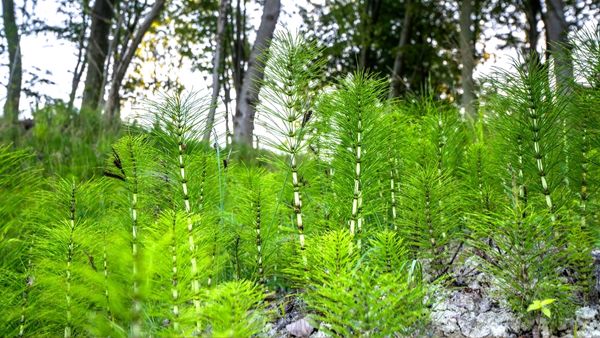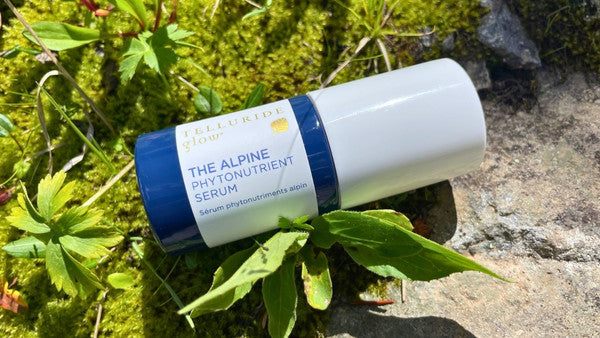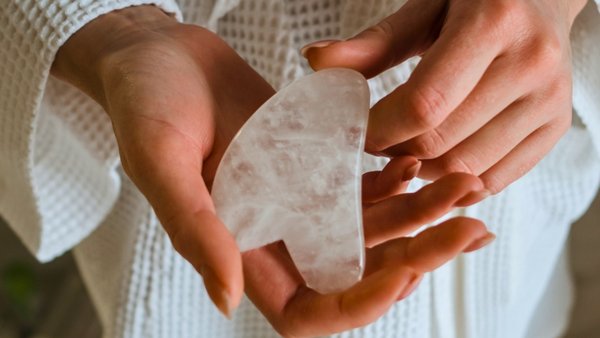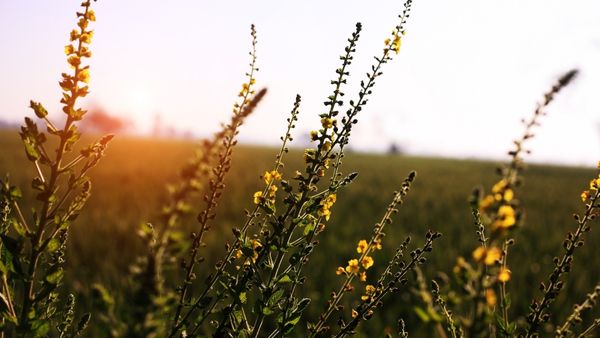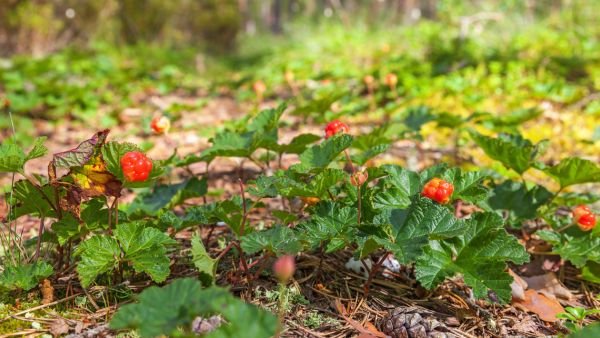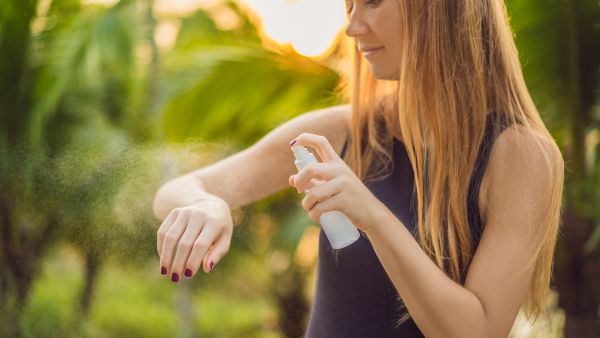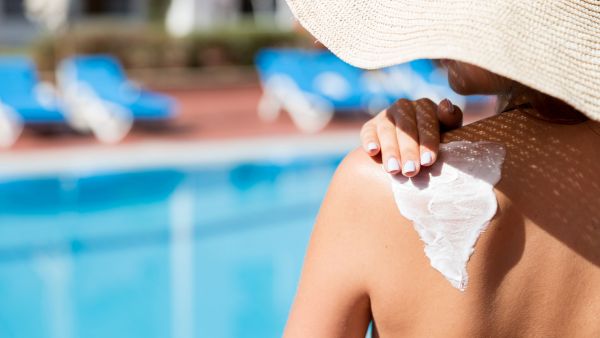Restorative Horsetail, the Fern For Firm Skin
If your skin is looking slack and feeling like it's missing its usual bounce, it may be time to help boost collagen production.
Praised for its restorative benefits, horsetail is a ‘living fossil’ that has graced our planet with its fern-like fronds for hundreds of millions of years.
A perennial native to the Northern Hemisphere and European countries, horsetail (Equisetum arvense) also goes by the names shave grass, scouring rush, and bottlebrush.
It was used extensively by ancient Greeks and Romans for its medicinal properties being first recorded in medical texts by the Greek physician Claudius Galenus during the 17th century.
Containing some of the highest levels of bioavailable silicon in the form of silica and silica acids in the plant world, horsetail helps encourage collagen synthesis boosting skin resiliency and turgor. (Not to be confused with silicone, which is a man-made chemical commonly used in industrial applications.)
This restorative botanical is found in our Aspen Dew Illuminating Essence and helps promote collagen synthesis for a smooth, firm complexion.
Read on to learn how your skin can benefit from this delicate fern…
Restorative Benefits of Horsetail
Firm skin
Containing the highest levels of bioavailable silicon in the form of silica and silica acids in the plant world, this trace mineral is vital for taut skin, strong bones, and lustrous hair and nails. Silica is a vital building block of collagen, elastin, and hyaluronic acid. It is important for optimal collagen synthesis and activation of hydroxylating enzymes, which help to improve skin strength and elasticity.
Revitalizing
Packed with a flavonoid called isoquercitrin, horsetail extract is touted to speed up cellular regeneration. It may also help support the skin’s wound-healing processes and fight the effects of premature photo-aging.
Calming
Horsetail may help to interrupt the body’s inflammatory response. This action may decrease potential damage to skin structures, premature skin aging, and help to calm reddened skin.
Antioxidant-rich
Elevated free radicals from stress, environmental pollutants, UV rays, and radiation from smartphones and laptops may negatively impact skin health. These unstable molecules can lead to inflammation and lipid peroxidation, which may damage cellular DNA and vital skin proteins.
Loaded with natural flavonoids and other antioxidants, horsetail helps curb effects from free radicals and accelerated skin aging.
Nourishing
Horsetail is a natural source of phytonutrients and minerals like calcium, iron, manganese, zinc, phosphorus, potassium, selenium, thiamine, riboflavin, niacin, and vitamin C. This makes it a potent nutritive tonic when incorporated into a daily skincare regimen.
Moisturizing
By helping to improve skin texture and providing a rich source of phytonutrients, horsetail improves skin barrier health and moisture retention.
Horsetail has many skin benefits which is why we've included it in our Aspen Dew Illuminating Essence. Containing both silica and silica acids in a readily absorbable format, horsetail is an obvious choice for boosting collagen and improving skin health.
Sources:
Use of silicon for skin and hair care: an approach of chemical forms available and efficacy* Lidiane Advincula de Araújo,1 Flavia Addor,2 and Patrícia Maria Berardo Gonçalves Maia Campos1
Isolated isoquercitrin from Green ball apple peel inhibits photoaging in CCD-986Sk fibroblasts cells via modulation of the MMPs signaling. Eun-Ho Lee 1, Hye-Jin Park 1, Han-Hyuk Kim 2, Hee-Young Jung 3, In-Kyu Kang 4, Young-Je Cho 1
Continue reading
